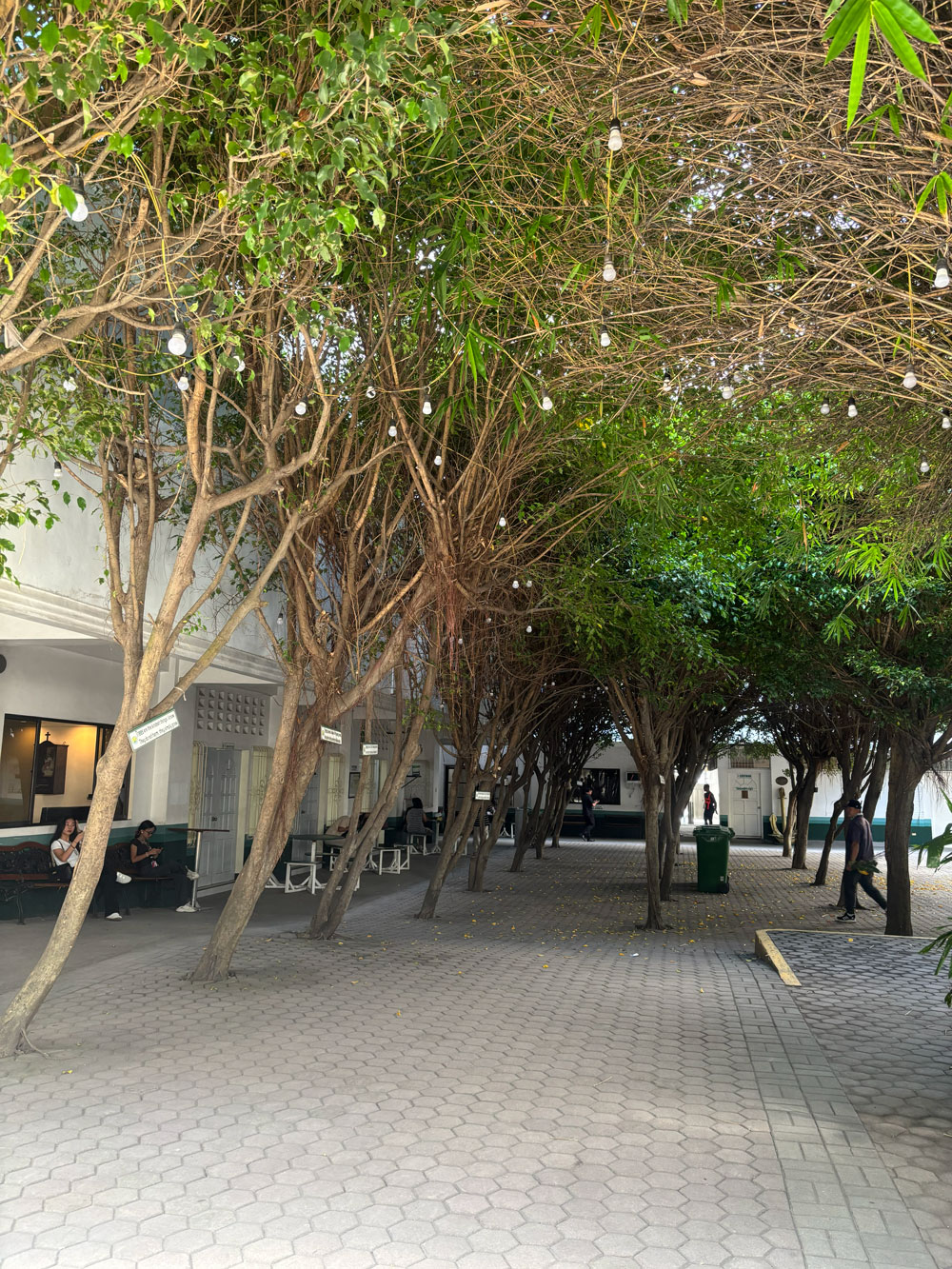Greening the Campus: HTC Plants Drought-Tolerant Balete Trees to Conserve Water!
Holy Trinity College continues to advance its commitment to sustainability by integrating drought-tolerant landscaping within its campus grounds. One of the key highlights of this initiative is the strategic planting of balete trees (Ficus species), known for their resilience and adaptability in tropical climates. While balete trees thrive best in humid environments, they possess moderate drought tolerance, making them a practical choice for reducing water consumption in landscaped areas.
By choosing drought-tolerant species like balete, the college minimizes the need for frequent irrigation, conserving valuable water resources especially during dry seasons. These trees not only require less maintenance but also contribute to the ecological balance of the campus by providing shade, improving air quality, and enhancing biodiversity.
This green initiative aligns with Holy Trinity College’s broader goals of environmental stewardship and responsible resource management. It reflects the institution’s proactive approach to climate resilience and supports the United Nations Sustainable Development Goals, particularly SDG 6 (Clean Water and Sanitation), SDG 12 (Responsible Consumption and Production), and SDG 13 (Climate Action). Through thoughtful planting and sustainable landscaping, the college sets a strong example of how educational institutions can lead by action in building greener, more water-conscious communities.
This strengthens our commitment to the United Nations Sustainable Development Goals (SDGs), particularly in fostering:
- SDG 6 (Clean Water and Sanitation). Holy Trinity College integrates drought-tolerant landscaping by planting balete trees across campus, which require less frequent irrigation. This supports water conservation efforts and promotes efficient water usage, especially during dry seasons.
- SDG 12 (Responsible Consumption and Production). By choosing low-maintenance, drought-tolerant plants, HTC minimizes resource consumption and reduces the environmental impact of campus landscaping. This reflects the college’s commitment to sustainable operations and responsible use of natural resources.
- SDG 13 (Good Health and Well-being). HTC’s landscaping initiative contributes to climate resilience by reducing water dependency and enhancing biodiversity. It also serves as a practical model for environmental stewardship, supporting education and awareness around climate change mitigation.


